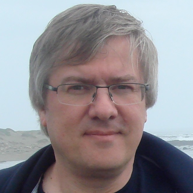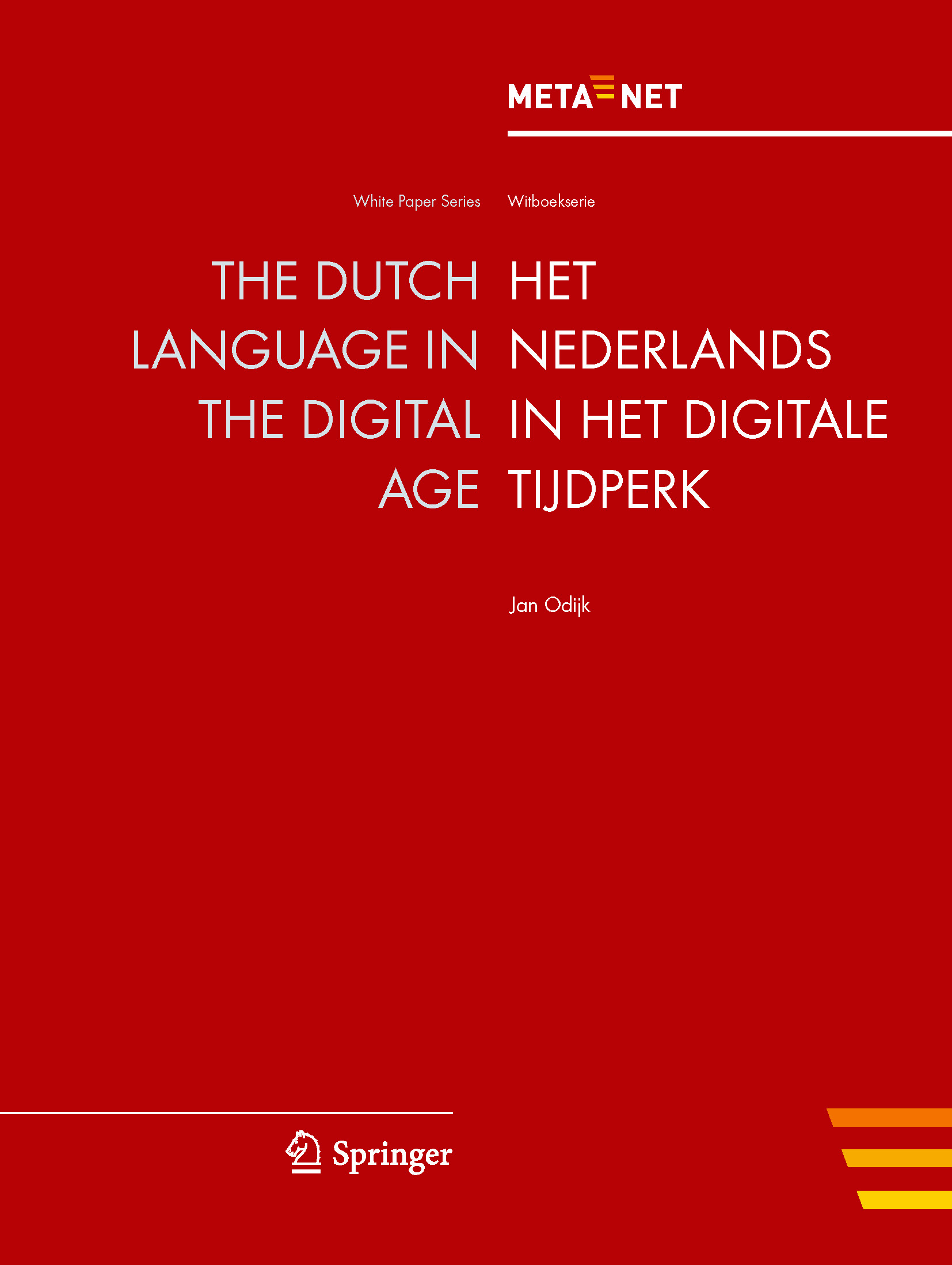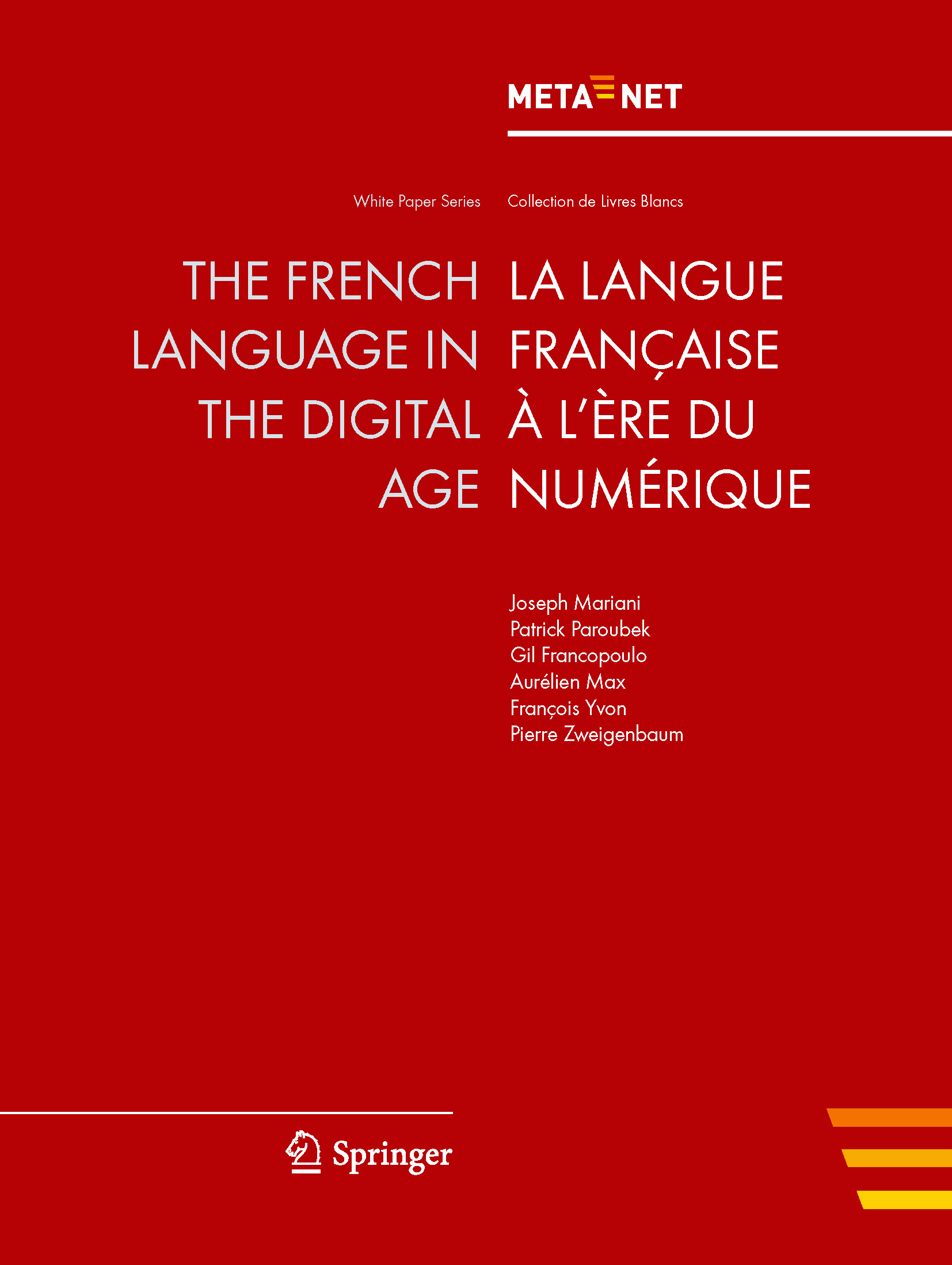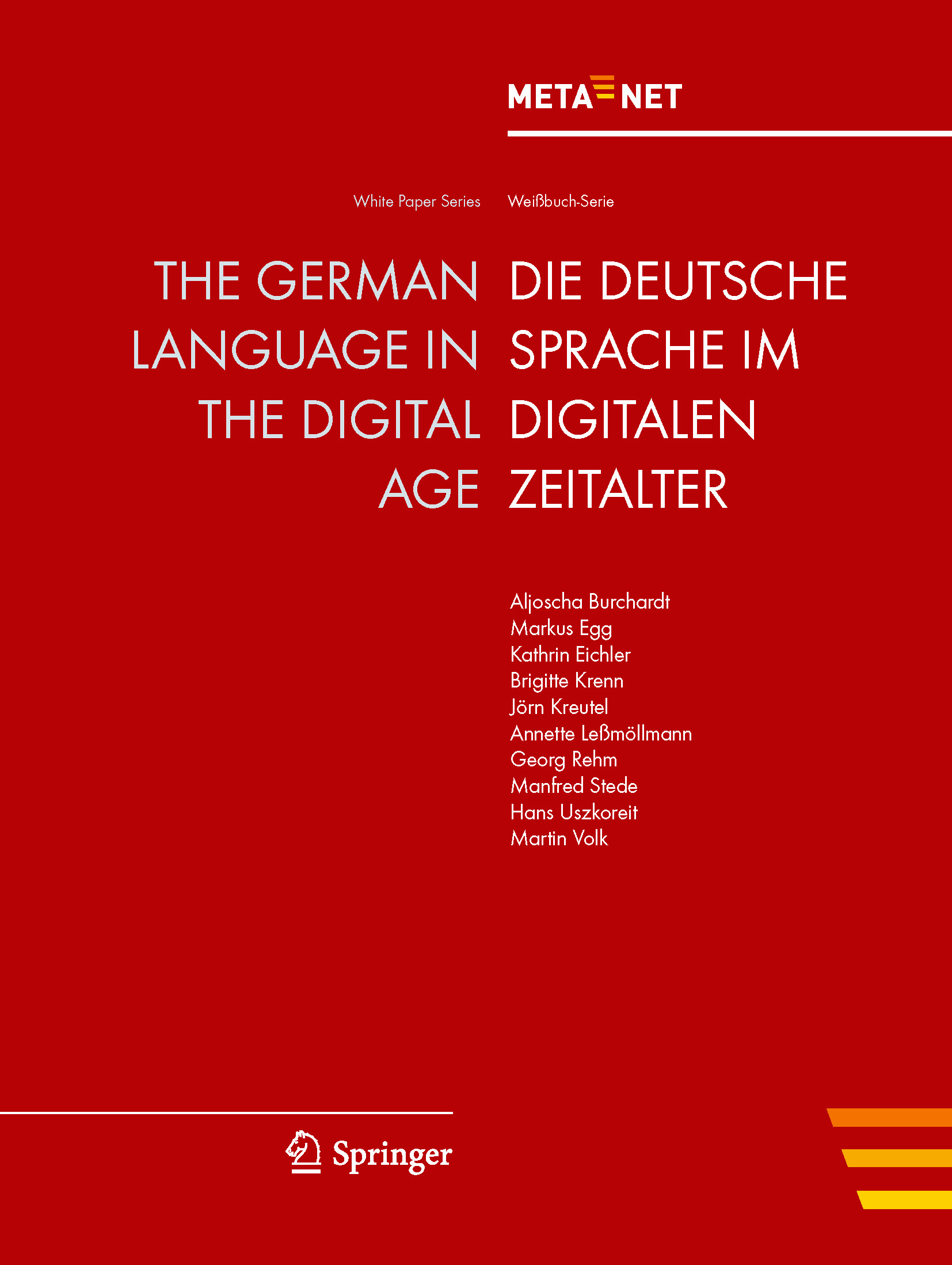The Languages of Belgium
Three official languages are spoken in Belgium: Dutch, French, and German. A number of non-official, minority languages and dialects exist as well. With approx. 59% of inhabitants belonging to the Flemish community, Dutch is the most spoken primary language. Unlike other Flemish dialects, the one spoken in Belgium adopted much more French vocabulary throughout history. Approx 40% of inhabitants belong to the French community. The Belgian constitution guarantees freedom of language; in national politics, politicians can freely choose to speak in any language.
- Belgian Dutch is based on Brabantic dialects and the Dutch, spoken in the Netherlands, is based on the hollandic dialect. This circumstance results in considerable differences in the vocabulary and grammatical features.
- Belgian French is very similar to standard French, with some differences in vocabulary, pronunciation, and semantics.
- Words which are unique to Belgian Dutch or Belgian French are called belgicisms.
More detailed information about the languages can be found on the NNC pages for:
NCC Lead Belgium
Prof. Dr. Walter Daelemans is a Professor of Computational Linguistics at the University of Antwerp where he directs the CLiPS computational linguistics research group. His research interests are in machine learning of natural language, for example in the development of memory-based language processing; computational psycholinguistics, especially exemplar based alternatives to mental rules as representations explaining language acquisition and processing; computational stylometry, with a focus on authorship attribution and author profiling from text; and language technology applications, for example biomedical information extraction and cybersecurity systems for social networks. He was elected EurAI Fellow, ACL Fellow, and Member of the Royal Academy of Dutch Language and Literature. He has supervised more than 30 finished PhDs and (co-)authored more than 300 peer-reviewed publications.

Current National Initiatives
- There is no specific funding programme for NLP; fragmentary research efforts on language-centric AI exist in National Science Foundation funding schemes.
- A joint programme with The Netherlands does not exist currently.
- Belgium is currently re-applying for CLARIN membership.
Wikipedia contributors. (2020, March 10). Languages of Belgium. In Wikipedia, The Free Encyclopedia. Retrieved 10:40, March 27, 2020, from https://en.wikipedia.org/w/index.php?title=Languages_of_Belgium.
Wikipedia contributors. (2020, July 4). Flemish. In Wikipedia, The Free Encyclopedia. Retrieved 18:00, July 9, 2020, from https://en.wikipedia.org/wiki/Flemish.
Events
| 2021 | |||
|---|---|---|---|
| 8th Regional ELG Workshop: Belgium, Luxembourg |
Regional workshop | Ghent, Belgium | July 8 |
META-NET White Paper on Dutch, French and German
Jan Odijk. Het Nederlands in het Digitale Tijdperk - The Dutch Language in the Digital Age. META-NET White Paper Series: Europe's Languages in the Digital Age. Springer, Heidelberg, New York, Dordrecht, London, 9 2012. Georg Rehm and Hans Uszkoreit (series editors).
Full text of this META-NET White Paper (PDF)
Additional information on this META-NET White Paper
Joseph Mariani, Patrick Paroubek, Gil Francopoulo, Aurélien Max, François Yvon, and Pierre Zweigenbaum. La langue française à l' Ère du numérique - The French Language in the Digital Age. META-NET White Paper Series: Europe's Languages in the Digital Age. Springer, Heidelberg, New York, Dordrecht, London, 9 2012. Georg Rehm and Hans Uszkoreit (series editors).
Full text of this META-NET White Paper (PDF)
Additional information on this META-NET White Paper
Aljoscha Burchardt, Markus Egg, Kathrin Eichler, Brigitte Krenn, Jörn Kreutel, Annette Leßmöllmann, Georg Rehm, Manfred Stede, Hans Uszkoreit, and Martin Volk. Die Deutsche Sprache im digitalen Zeitalter - The German Language in the Digital Age. META-NET White Paper Series: Europe's Languages in the Digital Age. Springer, Heidelberg, New York, Dordrecht, London, 2012. Georg Rehm and Hans Uszkoreit (series editors).
Full text of this META-NET White Paper (PDF)
Additional information on this META-NET White Paper
Availability of Tools and Resources for Dutch, French and German (as of 2012)
The following table illustrates the support of the Dutch language through speech technologies, machine translation, text analytics and language resources.
| Speech technologies | Excellent
support |
Good
support |
Moderate
support |
Fragmentary
support |
Weak/no
support |
|---|---|---|---|---|---|
| Machine translation | Excellent
support |
Good
support |
Moderate
support |
Fragmentary
support |
Weak/no
support |
| Text analytics | Excellent
support |
Good
support |
Moderate
support |
Fragmentary
support |
Weak/no
support |
| Language resources | Excellent
support |
Good
support |
Moderate
support |
Fragmentary
support |
Weak/no
support |
The following table illustrates the support of the French language through speech technologies, machine translation, text analytics and language resources.
| Speech technologies | Excellent
support |
Good
support |
Moderate
support |
Fragmentary
support |
Weak/no
support |
|---|---|---|---|---|---|
| Machine translation | Excellent
support |
Good
support |
Moderate
support |
Fragmentary
support |
Weak/no
support |
| Text analytics | Excellent
support |
Good
support |
Moderate
support |
Fragmentary
support |
Weak/no
support |
| Language resources | Excellent
support |
Good
support |
Moderate
support |
Fragmentary
support |
Weak/no
support |
The following table illustrates the support of the German language through speech technologies, machine translation, text analytics and language resources.
| Speech technologies | Excellent
support |
Good
support |
Moderate
support |
Fragmentary
support |
Weak/no
support |
|---|---|---|---|---|---|
| Machine translation | Excellent
support |
Good
support |
Moderate
support |
Fragmentary
support |
Weak/no
support |
| Text analytics | Excellent
support |
Good
support |
Moderate
support |
Fragmentary
support |
Weak/no
support |
| Language resources | Excellent
support |
Good
support |
Moderate
support |
Fragmentary
support |
Weak/no
support |


